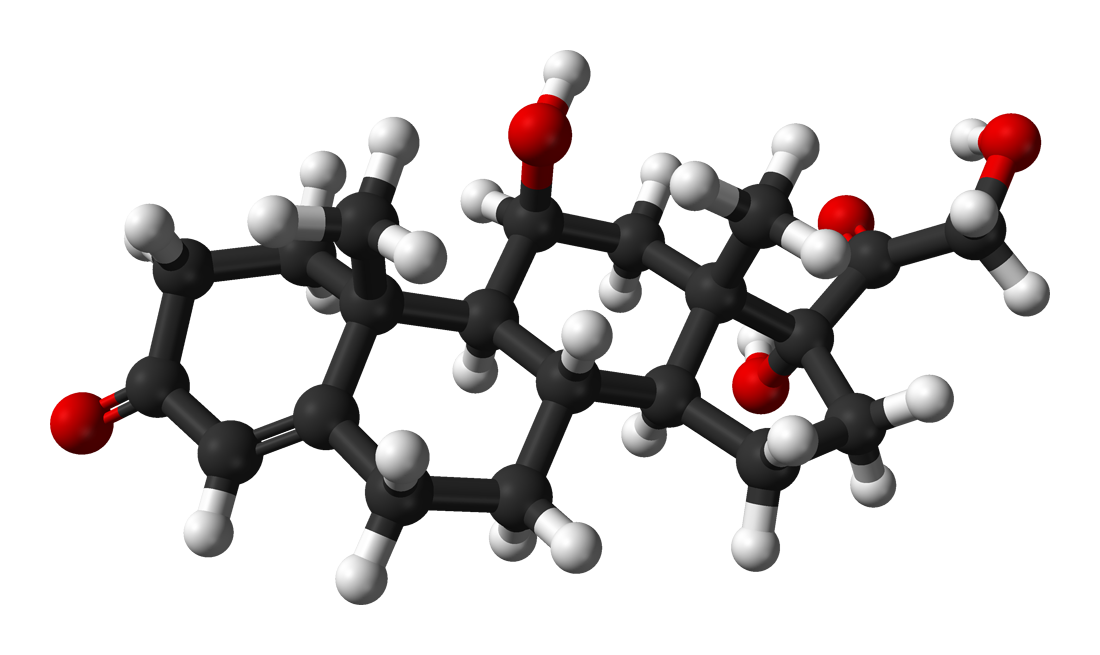
Scientists find that exercise can make you smarter. (Courtesy Wikipedia commons)
Have you been studying so much that you think nothing is going into your brain anymore? Well, why don’t you exercise for 30 minutes and then return to study after? You will come back feeling good again, and you will feel even better knowing that you have gotten even smarter after exercising.
So you may be wondering how exercise is related to smartness. Fortunately, scientists have answers to that. Dr. John Tatey from Harvard Medical School said that exercise affects mood, vitality, alertness, and the overall feelings of well-being. In addition, Dana-Farber Cancer Institute and Harvard University found that exercising stimulates nervous system, which allows a person to perform at higher level. Also, a study gave support that exercising improves cognition and protects the brain from degradation. But how does this happen?
First, exercise enhances cognition, because the process promotes the production of a molecule called irisin, which has neuroprotective effect.

Molecular structure of irisin. (Courtesy Wikipedia commons)
Increasing levels of irisin increases the expression of brain-derived neurotrophic factor (BDNF). BDNF activates the genes that are involved in learning and memory and increases the stimulation of neurogenesis in hippocampus. For example, BDNF is 171% higher in mice that ran 24km per day for 7 days in comparison to those that did not. Furthermore, rats that ran had larger grey matter, with approximately 6000 new brain cells per cubic millimeter in the hippocampus. The brain cells that were generated during exercising have better connections, thereby enhancing a person’s ability to retrieve information and to hold information in.

Location of hippocampus (in red) in human brain. (Courtesy Wikipedia commons)
Second, blood and oxygen are constantly being supplied to the brain during aerobic exercise, and this stimulates growth of new brain cells. Running increases activity of neurons that are involved in learning and memory. Scientists claimed that 10 minutes of aerobic exercise is sufficient to trigger the release of chemicals that make a person thinks more clearly and performs better. University of Illinois also found that 30 minutes of moderate exercise can improve cognition by 5-10%.

Molecular structure of cortisol. (Courtesy Wikipedia commons)
However, doing too much exercise can backfire and possibly lead to brain damage. Over-exercising would increase stress and cortisol levels, which cause brain cells to shrink, and some may even die. Thus, next time, if you think that you cannot pack anymore information into your brain, go for a run, but don’t overdo it!
By Kelly Liu








